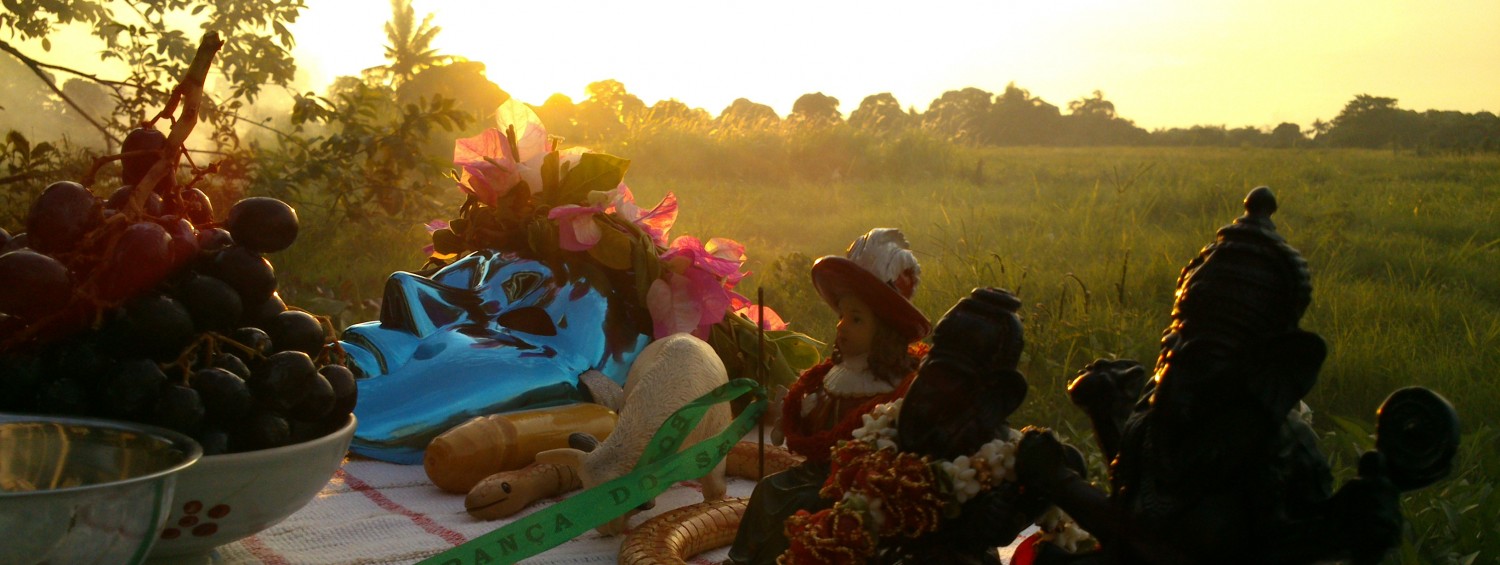Even if it isn’t exactly the start of your religious year, I’m sure–one way or another–the secularised Gregorian calendar has remained (or become?) an important part of our lives, if only just for bills or taxes. So, Happy New Year, folks! I hope you had a wonderful and auspicious Kalends of January!

In other news, as if the winter holidays weren’t busy enough (as they always are), I took the liminality of the season as a good time to bid farewell to the country of my birth and its spirits. Yes, I’m taking a giant leap to go on a journey that’s going to change my life as I know it. I’m not exactly sure when, but I’m hoping to make it happen within this year. In the words of Dionysos through the Oracle of Eugene:
“It is time to go. Make offerings to the spirit of this place so they will let you go peaceably.
“Light lanterns and release a dozen paper swans into the water and make a feast.”
“Invite all the spirits and the ancestors. Say your goodbyes, speak your intentions to them.”
“They will understand and bless you with the luck and success you will need in the year to come.”
And that I did.

On the last full moon of 2013, my friend (the Indophile) and I started with a thanksgiving party for our landwights in the name of Hermês and Dionysos. I can’t remember the first time we started acknowledging their presence, but it’s only been a most magical relationship through the years.
![On December 16th, I said my farewells to our town patron. I may no longer be Catholic, but the spirits that dwell there have only been good to me and my family. They will always have my praises. [Photo credits: warrenski manuel, EddieMarRico, AspireCavite]](https://undertwotrees.files.wordpress.com/2014/01/photogrid_1389320900971.jpg?w=800&h=800)
The next day, we said our goodbyes to our beloved town patron at her shrine. She is a beautiful holdover from my Catholic upbringing, and whether she’s the same Mary as other Marian incarnations around the world or an ancient tutelary diwatà of my hometown, she will always have a place in my heart.
[Photo credits: warrenski manuel, EddieMarRico, AspireCavite]

On Christmas Eve, at the stroke of midnight, the family gathered and said prayers of thanksgiving over Noche Buena. Portions of our midnight meal were then offered to the Ancestors, but to our foremothers in particular. After all, according to old custom, this was the Night of Mothers.

On Christmas Day, we gathered pine branches, and had a small party at the Indophile’s house, and feasted and toasted to our common deities. (It was a small feast, but we sung hymns and praises for a full hour, I think!)

Just before New Year’s Eve, we paid our last visit for the year to the neighbouring Hindu temple. Everyone was so beautiful, as usual!

And then, on New Year’s Day, the All-Gods were honoured. Ianus was given his new wreath and offering-bundles for 2014, hung on the front door, and candles burnt for the Sun King at his seasonal space at the house shrine.

On January 2nd, the Agathos Daimôn “finger-painting” on our kitchen wall was re-painted, and a new garland crowned our lararium.

On January 3rd, had sweets and a toast for the Professor‘s 121st birthday, because men like him get to live for ever. (Also, because he’s an amazing myth-maker, a fellow linguist, and my idol.)

Hêlios-Solis Invictus here on the Eleventh Night.

Finally, on the Twelfth Night, we headed to the beach.

A feast was prepared by the shore, and the swans were made ready.

Each paper swan was crafted on each of the Twelve Days. Now, they’ve finally come together for their team swim.

Some of the food came to us as timely gifts from the holidays: the Spanish wine and Tunisian dates, in particular. Thank goodness for gracious friends and family!

I couldn’t find any lanterns in the market, so we made one (well, two) from paper cups and candles. Still quite lucky!

Whispering prayers of good fortune before letting the swans go.

A most epiphanic feeling (on Epiphany, no less) to stand there, where earth, sky, and sea meet. The world is just amazing.

Saying goodbye has a bittersweet feeling, but there’s also that promise of adventure, a new life or a chance to come back better and happier.
I’m thankful for 2013, I really am, even if it was a little rough on me at first. Things are clearer now, and I know I’ll be thanking my people, my gods, and my spirit-friends again for this year in 2015. May all be well, may all be fortunate.




























![On December 16th, I said my farewells to our town patron. I may no longer be Catholic, but the spirits that dwell there have only been good to me and my family. They will always have my praises. [Photo credits: warrenski manuel, EddieMarRico, AspireCavite]](https://undertwotrees.files.wordpress.com/2014/01/photogrid_1389320900971.jpg?w=800&h=800)





























You must be logged in to post a comment.